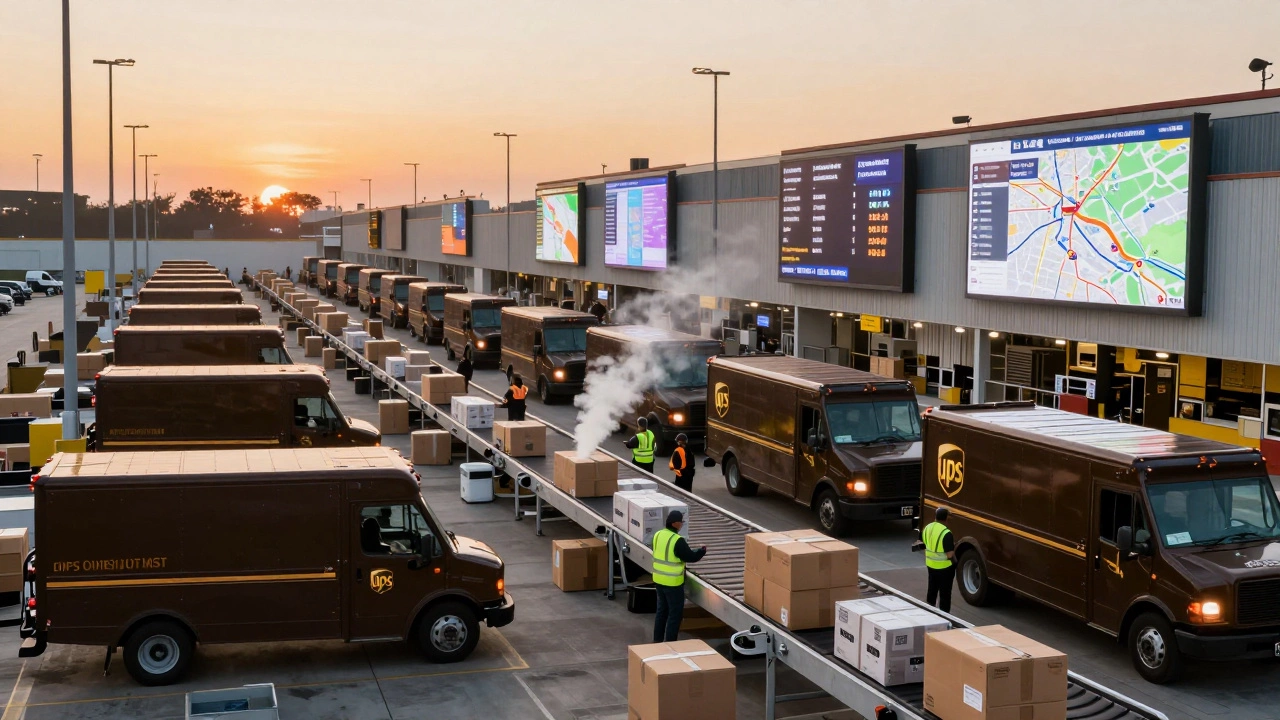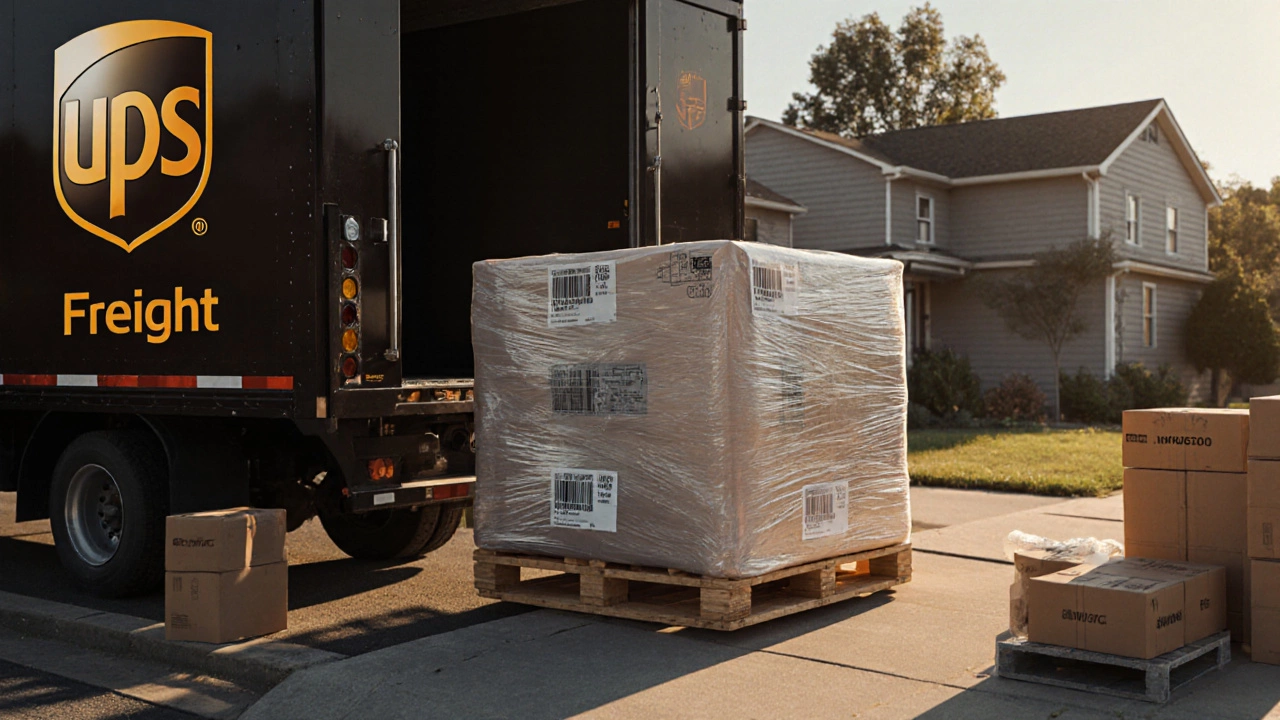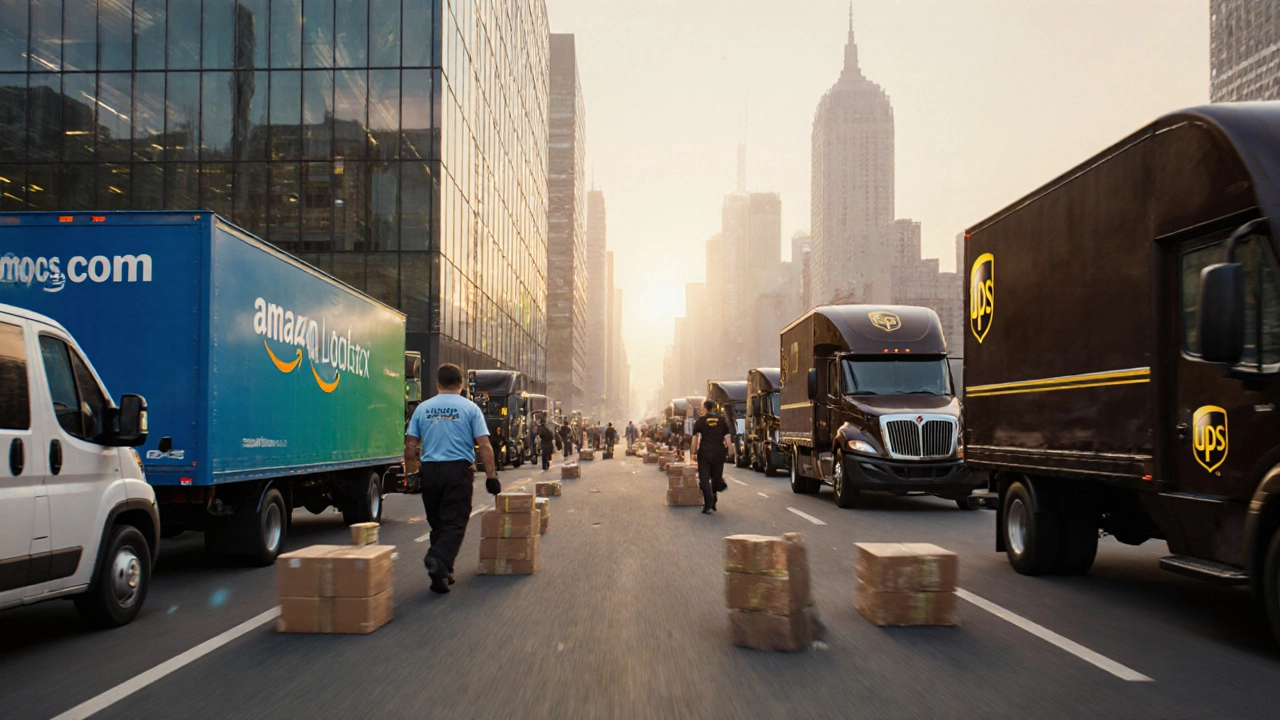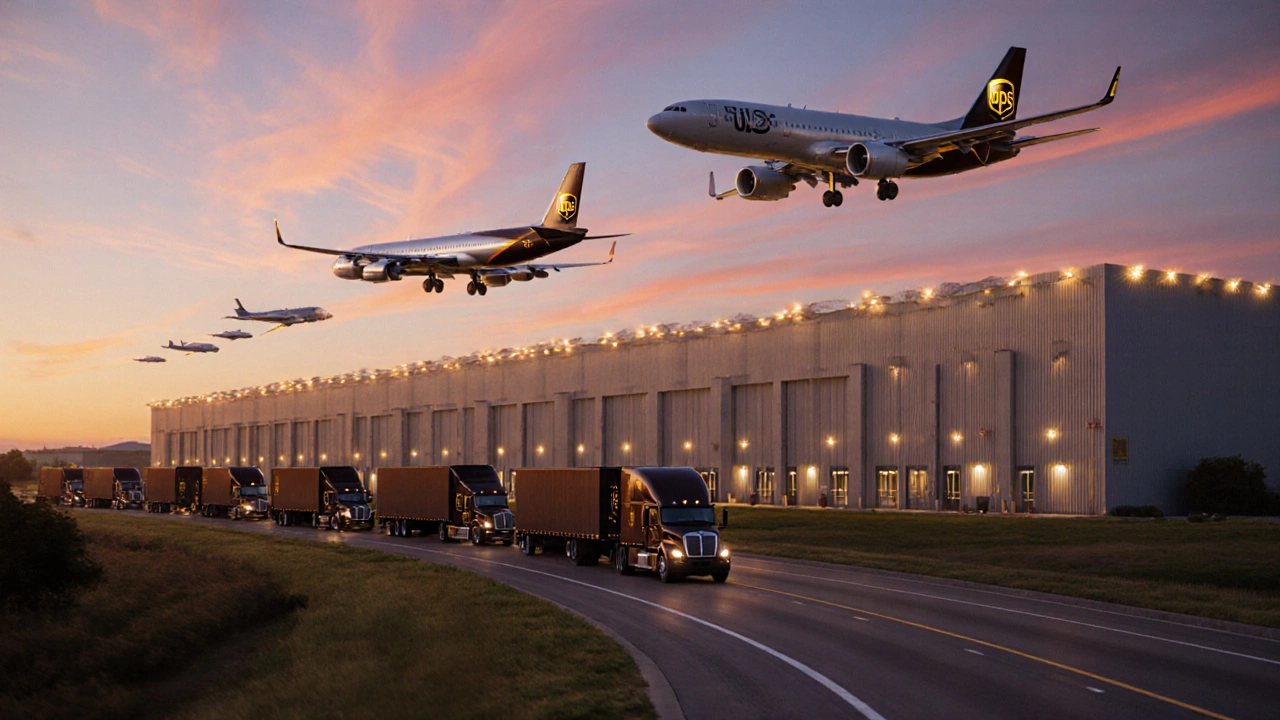Logistics Companies: How to Pick the Best Partner for Your Move
When you need to move anything from a single bike to a full warehouse load, the right logistics company can make or break the experience. You want something fast, safe, and priced fairly—no surprises at the drop‑off point. Below we break down what to look for, common services, and quick tips to avoid typical headaches.
Key services most logistics firms offer
First, get a clear picture of the core services. Most companies handle:
- Transportation: road, rail, air, or sea moves. Choose based on distance, urgency, and item size.
- Packaging & loading: good firms provide custom crating, tie‑downs, and protection for bikes, electronics, or fragile goods.
- Warehousing: short‑term storage, inventory tracking, and climate control when you need a temporary hub.
- Door‑to‑door delivery: the ideal end‑to‑end solution—no extra trips to pick up or drop off.
If a company advertises only one of these, ask why. A full‑service partner usually means smoother communication and fewer hidden fees.
Quick checklist for choosing a logistics partner
Use this short list before you sign a contract:
- Track record: Look for reviews specific to your cargo type—bike transport, cold‑chain, bulk freight, etc.
- Insurance coverage: Confirm they insure the full declared value and understand the claim process.
- Technology: Real‑time tracking apps and electronic proof of delivery (e‑POD) keep you in the loop.
- Pricing transparency: Ask for a detailed quote that includes fuel surcharge, handling fees, and any extra stops.
- Local knowledge: Companies based in Chennai, for example, know regional routes, permits, and traffic patterns that can save time.
Skipping any of these points can lead to delays or extra costs later.
Another practical tip: request a small test shipment before committing to a large move. A quick bike transport from one part of the city to another shows how the firm handles loading, communication, and delivery timing.
Don’t forget to verify licensing. In India, a valid Goods Carriage Permit and compliance with the Motor Vehicles Act are must‑haves. A reputable firm will happily share these documents.
When you compare quotes, focus on value, not just price. The cheapest option might cut corners on packing or lack proper insurance, which can cost you more if something goes wrong.
Finally, think about future needs. A logistics partner that can scale—from a single bike today to a fleet of trucks tomorrow—will save you the hassle of switching providers as your business grows.
Choosing the right logistics company doesn’t have to be a gamble. By checking services, reviewing credentials, and testing communication, you get an ally that moves your goods safely and on time. Ready to start? Grab a few quotes, ask the right questions, and you’ll be on the road to smooth deliveries.











